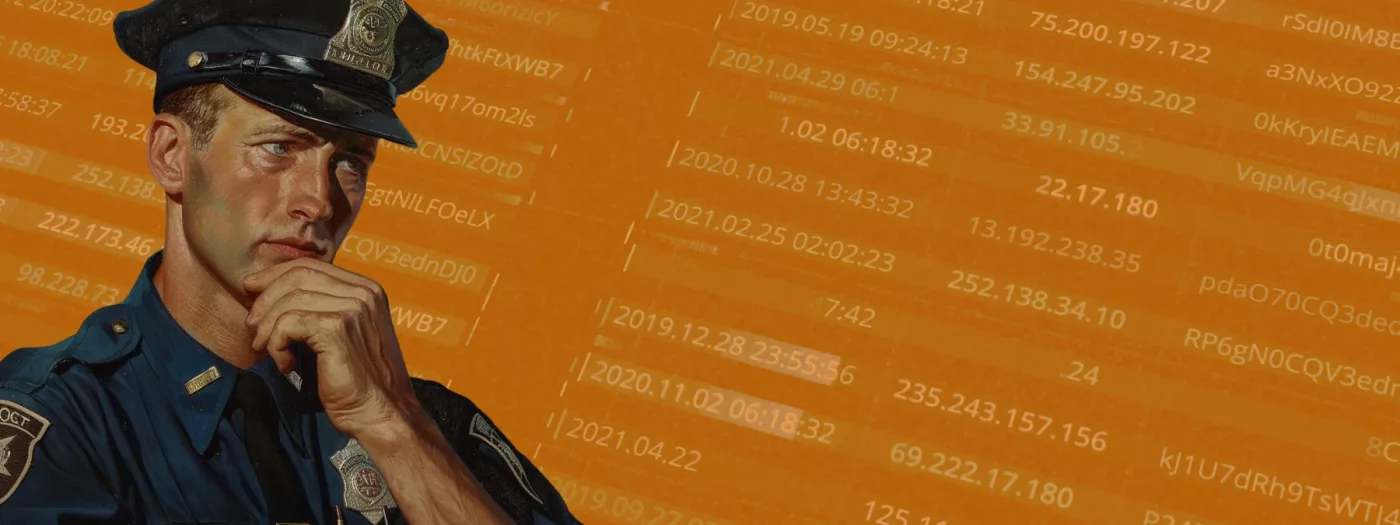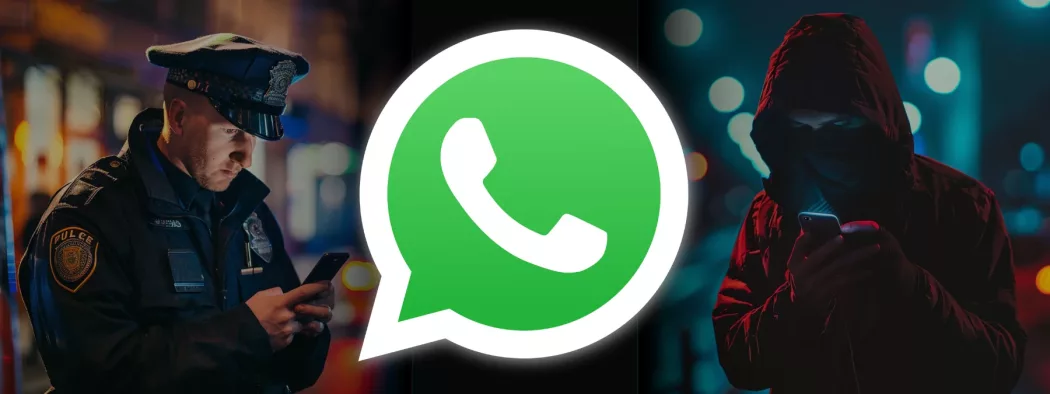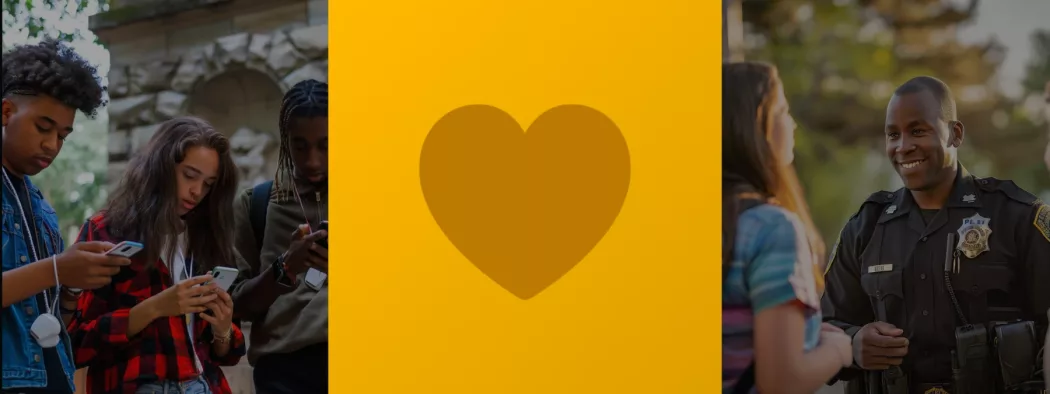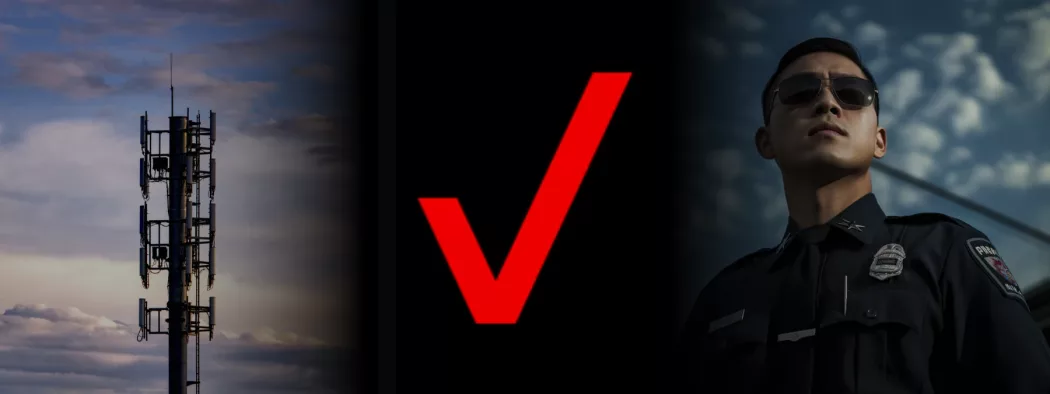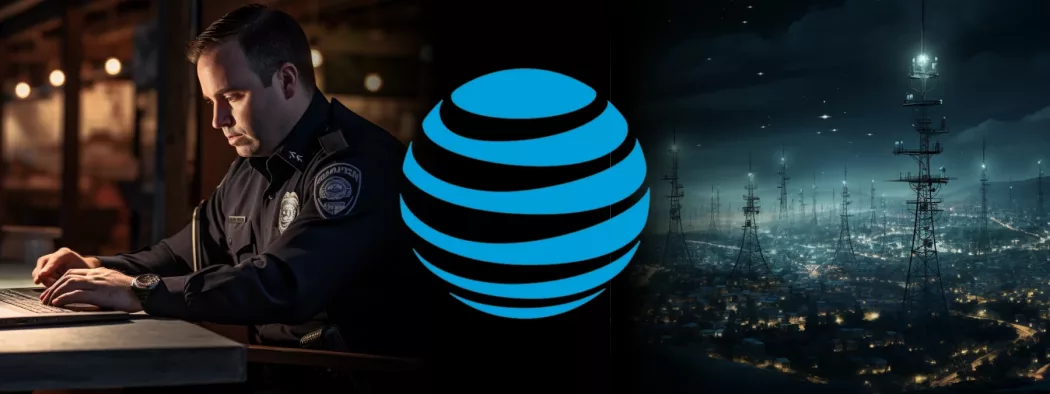This article examines two cases that involve law enforcement reusing phone data with other agencies, one where the data was obtained by search warrant, and another where it was accessed …
A Warrant Without a Reason
Acosta commits murder + Acosta has phone = probable cause to search phone; right? This case analysis explores the digital evidence search warrant issues and Acosta’s appeal to overturn his conviction. …
IP Address Investigations
IP addresses are at the heart of every online investigation. Knowing how to investigate IPs can take you from a Social Media account to the suspects home with a simple …
Writing WhatsApp Search Warrants
Meta controls three of the top four messaging apps in the United States. Facebook Messenger has approximately 139 million US monthly users, Instagram Direct has about 170 million and WhatsApp with about 75.1 million; …
Writing Locket Search Warrants
Sharing moments with friends, no matter where they are, is the core concept behind the Locket widget. When the photo being shared crosses a line, Locket may be at the center …
iCloud Advanced Data Protection: A challenge for law enforcement
Apple iPhones have always posed a significant challenge for law enforcement investigations and digital forensics. When a device’s passcode is unknown and forensic tools are unable to break in, the solution …
United States v. Jones: Vehicle Tracker Troubles
The case of United States v. Jones (2012 brought to the forefront the complex issues surrounding modern surveillance techniques and the Fourth Amendment. This article discusses the background of the case, …
Writing Verizon Search Warrants
Telecommunication service providers are the driving force behind our mobile phones’ capabilities, offering a range of services such as transmitting voice, data, text, sound, and video. These services are facilitated …
Writing AT&T Search Warrants
Telecommunication service providers are the driving force behind our mobile phones’ capabilities, offering a range of services such as transmitting voice, data, text, sound, and video. These services are facilitated …
Writing T-Mobile Search Warrants
Powering the phones in our pockets are telecommunication service providers. They provide services for transmitting voice, data, text, sound, and video across long distances using a combination of wired connections …



